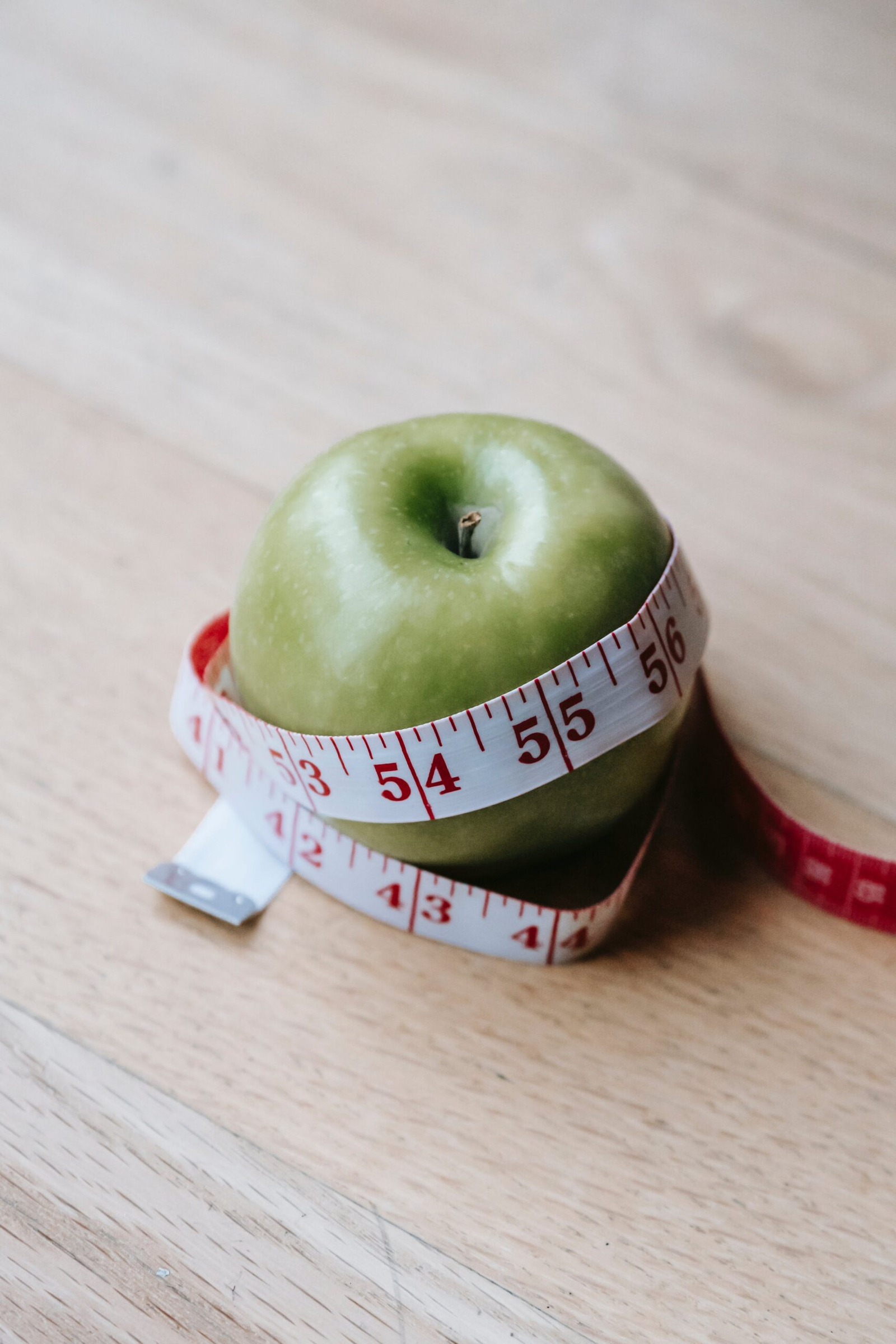How Many Calories To Lose Weight
Navigating the landscape of calories can be tricky but understanding how they directly impact your weight-loss journey is essential. Your calorie needs, daily burn rate, and the calorie content of different foods are all critical pieces of the puzzle. Throughout this exhaustive guide, you will gain in-depth knowledge on topics including the number of calories in a variety of foods, how much you should be eating per day for weight loss, and how exercise contributes to your caloric outflow. This article will provide you with a comprehensive understanding of how to make informed decisions to aid your weight loss journey.

Understanding Calories
What are calories
A calorie is a unit of energy that your body uses for various physiological and biochemical processes. From maintaining body temperatures to supporting physical activities, everything you do requires energy in the form of calories that predominantly come from the food and drinks you consume.
Importance of calories in the body
Calories act as fuel for your body. They serve essential functions, such as providing energy for day-to-day activities, supporting growth and repair processes, and enabling the normal functioning of your body’s vital organs. An adequate caloric intake is pivotal to good health as a deficiency can result in physical weakness while an excess could lead to weight gain.
How the body uses calories
The body harnesses calories from the three macronutrients: carbohydrates, proteins, and fats. These macronutrients are broken down into simpler molecules in the digestive tract, after which they’re absorbed into the bloodstream. The calories consumed are subjected to metabolic processes that convert them into usable energy.
Caloric Needs of the Body
Determining your basal metabolic rate (BMR)
Your Basal Metabolic Rate (BMR) is the number of calories your body requires to perform essential functions such as breathing and maintaining body temperature while at rest. Numerous BMR calculators are available online, but for a more accurate assessment, consider consulting a healthcare professional.
Influence of physical activity on caloric needs
Physical activity significantly influences your caloric needs. Engaging in regular physical activities increases the need for more calories as your body burns them to generate the additional energy it needs. The calories burned in physical activities depend on factors such as the type, duration, intensity of the activity, and your body weight.
Impact of age and gender on caloric needs
Age and gender play a significant role in determining caloric requirements. Generally, men have a higher caloric need than women due to their larger size and lean muscle mass. Moreover, as you age, your caloric needs decrease due to a decline in metabolic rate and physical activity levels.

Calories Needed for Weight Maintenance
How to maintain current weight with calories
To maintain your current weight, you should aim to consume a number of calories equal to the calories your body burns daily. This balance between caloric intake and expenditure is crucial to sustaining your body’s current weight.
Understanding caloric balance
Caloric balance refers to the relationship between calories consumed and calories burned. A state of equilibrium, where the calorie intake matches the calorie burn maintains your current body weight. A caloric excess results in weight gain, whereas a caloric deficit leads to weight loss.
Establishing personal caloric needs
Establishing personal caloric needs should take into account your age, gender, height, weight, and physical activity level. Online calculators can provide estimates, but it’s best to consult a healthcare professional for an accurate figure.
Caloric Deficit for Weight Loss
Understanding caloric deficit
A caloric deficit occurs when you consume fewer calories than your body burns. This causes your body to utilize stored fat for energy, leading to weight loss.
Determining your caloric deficit for weight loss
For weight loss, a widely accepted approach is to aim for a calorie deficit of 500-1000 calories per day. This can result in a healthy rate of weight loss of 1-2 pounds per week.
Safely achieving a caloric deficit
Achieving a caloric deficit should be done output safely, primarily through a combination of reduced caloric intake and increased physical activity. Drastic calorie restriction can negatively impact your health, so it’s vital to implement a slow and steady approach.

Calorie Content in Common Foods
Calories in fruits (Apple, Banana, Oranges, Blueberries, Mango)
Fruits are generally low in calories and rich in fiber and essential vitamins. An average apple, banana, orange, cup of blueberries, and mango contain approximately 95, 105, 60, 85, and 202 calories, respectively.
Calories in vegetables (Avocado, Cucumber, Sweet Potato)
Calorie counts for vegetables may also vary. An avocado contains about 234 calories, while a cucumber and a sweet potato contain around 45 and 103 calories, respectively.
Calories in proteins (Egg, Chicken Breast)
Proteins are vital for growth and repair processes. One large egg contains about 70 calories, while a piece of skinless, cooked chicken breast contains approximately 165 calories.
Low Calorie Alternatives for Weight Loss
Replacing high calorie foods with low calorie options
Weight loss can be achieved by replacing high caloric foods with lower calorie alternatives. Opt for lean proteins over fatty meats, eat whole fruits instead of drinking juice, and include more veggies in your meals.
Understanding portion sizes and calorie control
Portion control is vital in managing calorie intake. Even healthy foods, when eaten in large quantities, can lead to a caloric surplus. Using smaller plates and bowls can trick your brain into feeling satisfied with less food.
Meal planning for low calorie diet
Meal planning can help control calories consumption and prevent mindless snacking. Planning nutritious, low-calorie meals in advance ensures you stick to your dietary goals.

Role of Physical Activity in Calorie Burning
How many calories do you burn walking
The number of calories burned while walking depends on your weight and the distance covered. On average, a person weighing 150 pounds can burn about 100 calories per mile.
What exercise burns the most calories
High-intensity exercises generally burn more calories compared to moderate-intensity ones. Activities such as running, jumping rope, swimming, cycling, and high-intensity interval training are effective in burning significant calories.
Incorporating physical activity to increase calorie burning
Aside from structured exercises, incorporating non-exercise physical activities such as gardening, taking the stairs, or even fidgeting can also burn extra calories over the course of the day.
Monitoring Your Calorie Intake and Burn
Tools and trackers for monitoring calories
Various tools and apps are available that aid in tracking your calorie intake and burn, providing insights on your nutritional habits and physical activities.
Keeping a food diary
Keeping a food diary can help you monitor your calorie intake. Regular recording of what, when, and how much you eat can provide valuable insights about dietary patterns and help keep your weight loss or maintenance goals in check.
Understanding and monitoring your macronutrient intake
Macronutrients – carbs, proteins, and fats are equally important and must be monitored along with caloric intake. Each macronutrient carries a specific caloric value and affects your total calorie consumption.

Addressing Common Caloric Queries
How many calories to lose a pound
It’s estimated that you need to burn about 3500 calories to lose one pound of weight. This means creating a caloric deficit of 500 to 1000 calories per day can result in a weight loss of 1 to 2 pounds per week.
How many calories should I eat in a day
The number of calories you should eat in a day depends on your age, sex, weight, height, and activity level. On average, adult men need 2,500 calories and adult women need 2,000 calories a day to maintain their weight.
How many calories should I burn a day
The number of calories you should burn in a day depends on your weight loss goals. To maintain your weight, you should aim to burn the same number of calories you consume. To lose weight, you should burn more than you consume.
How many calories should I eat to lose weight
To lose weight, you need to consume fewer calories than your body burns, creating a caloric deficit. A deficit of 500 to 1,000 calories per day is generally advised for a safe and sustainable weight loss.
Potential Risks of Extreme Caloric Restriction
Understanding the dangers of crash diets
Crash diets that involve extreme caloric restriction can lead to health problems such as nutrient deficiencies, vital organ damage, and bone loss. They are not recommended for sustainable weight loss.
The impact of extreme caloric restriction on metabolism
Extreme caloric restriction can slow down metabolism, making it harder to lose weight and easier to regain once regular eating is resumed. It also reduces muscle mass and negatively impacts physical and cognitive functions.
Advocating for a balanced approach to weight loss
A balanced approach to weight loss that combines a moderate caloric intake with regular physical activity is considered the safest and most effective. This method, complemented by a variety of nutrient-dense foods, can lead to long-term weight management. Health professionals can provide personalized and sustainable weight-loss plans if required.

